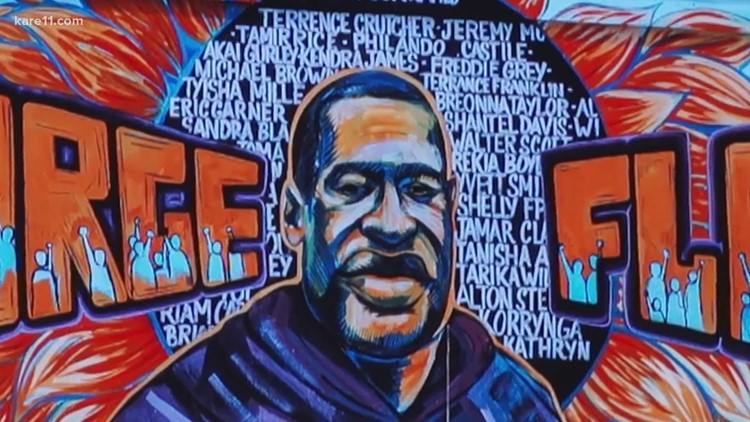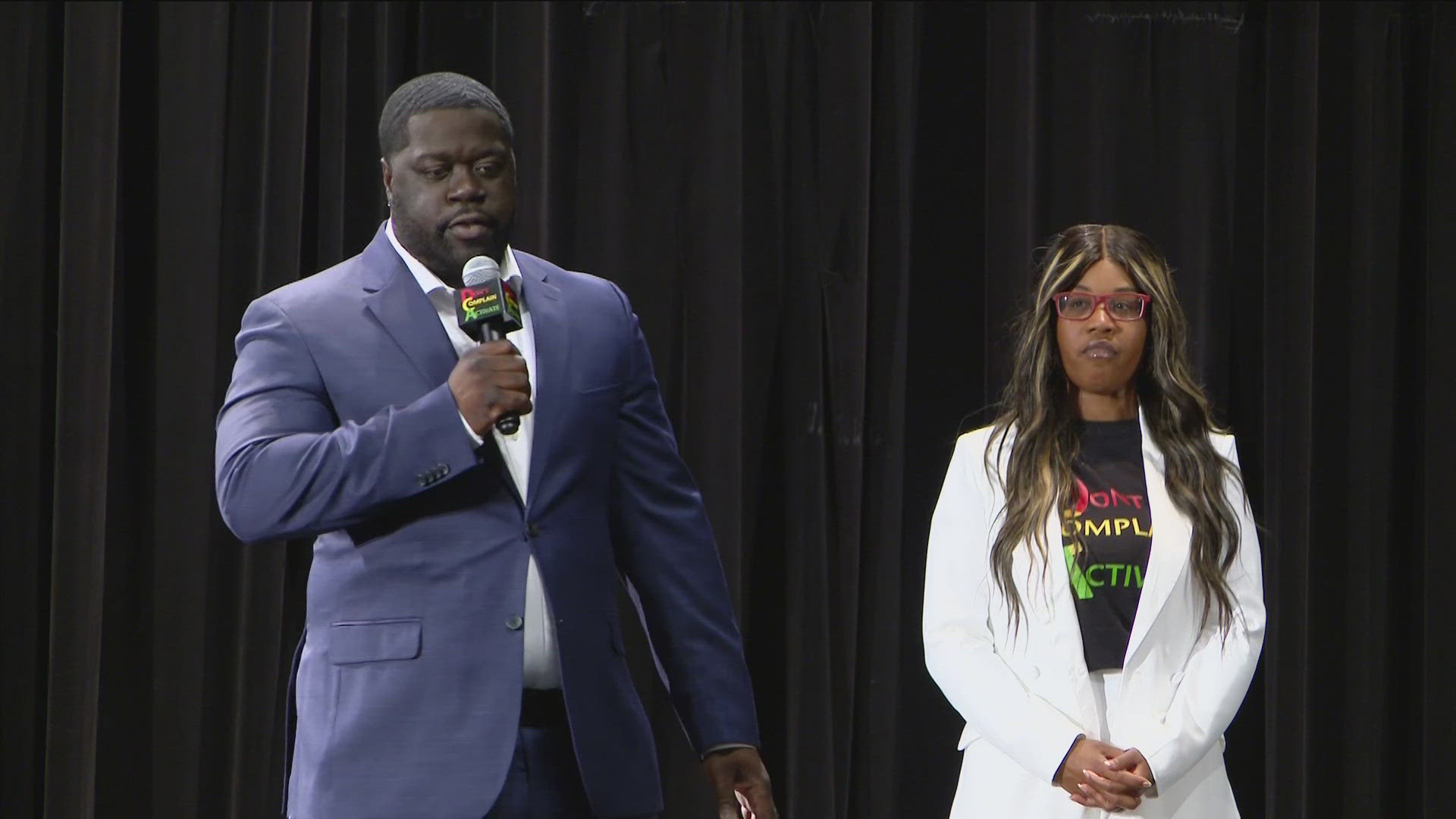DALLAS — Texas prosecutors are examining potential irregularities in a scandal-ridden former Houston police officer's arrest of George Floyd on a minor drug charge — a probe that could expand the body of convictions possibly tainted by the officer's conduct.
Floyd, whose death last month under the knee of a white Minneapolis police officer sparked national protests, pleaded guilty in 2004 and served time in a state jail over what prosecutors now describe as selling $10 worth of crack in a police sting.
But Harris County District Attorney Kim Ogg said Saturday that Floyd's case may be among scores built on false evidence from Gerald Goines, who is facing murder charges after he allegedly lied to obtain the warrant in a botched 2019 drug raid that left two people dead. He has pleaded not guilty.
“Gerald Goines’ arrest of George Floyd reveals an offense report that is incomplete and suspect,” Ogg said in a statement. “I have instructed prosecutors to verify the facts in this offense report.”
Prosecutors have already dismissed dozens of convictions dating back to at least 2008 that they say were marred by Goines. If the review of Floyd’s arrest reveals misconduct, they'll presume all of Goines' cases going back to 2004 are tainted, Ogg said.
Goines’ attorney, Nicole DeBorde, accused Ogg of using Floyd's death for political gain and announcing the review of the case to distract from her record. The district attorney is up for re-election in November.
“Regarding Ogg’s resurrecting of a decade and a half old case without a shred of new information - this is a transparent and opportunistic effort to capitalize on Floyd’s murder,” DeBorde said.
Prosecutors initially flagged Floyd’s arrest as part of a wider investigation of cases involving Goines launched after the deadly drug raid, said Dane Schiller, a spokesman for the district attorney’s office.
Goines arrested Floyd after giving money to a third person, which the person then allegedly used to buy less than half a gram of crack from Floyd, Schiller said. He said the money used in the buy was never recovered, the third person is not identified in case records and the presented evidence likely would not meet prosecutors current standards.
The re-examination of Floyd’s cases was first reported by The Wall Street Journal.



